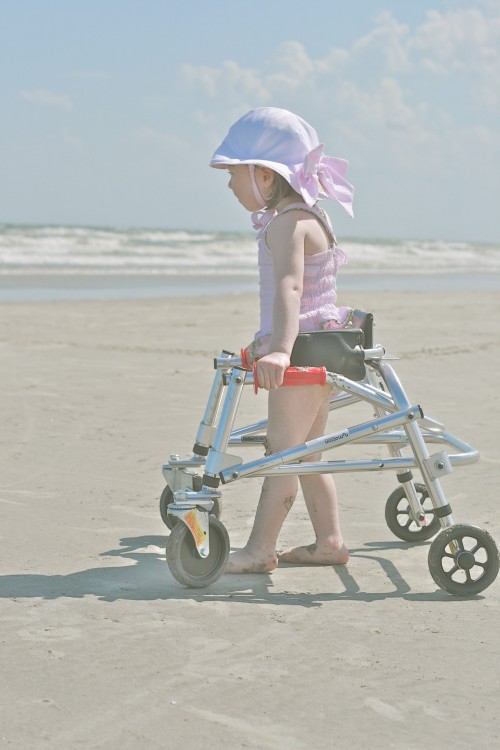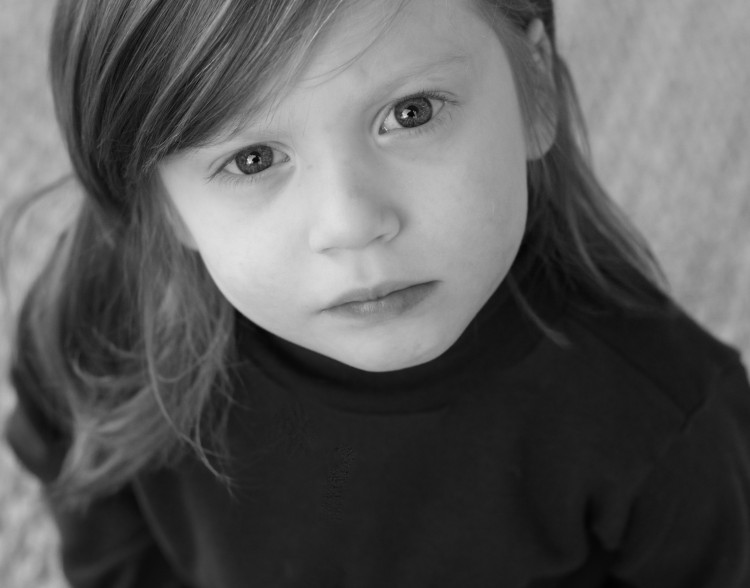This is a day you will never forget: The day a doctor tells you your child has a rare disease. I recall doctors using medical terminology I’d never heard before while showing me MRI images I didn’t want to see because I didn’t want it to be true.
The initial shock felt like a really bad nightmare. How had I lived 36 years without ever hearing about this horrible disease? It was incomprehensible to me that this disease even existed in the first place, let alone that our precious child has the misfortune of having it. How was this even possible? Why is this happening to my child?
Statistically, we had a better chance of winning the lottery, but the news was the complete opposite. The clinical diagnosis was worse than I ever imagined: I was told my then-2-year-old had a progressive neurological disease with a life expectancy of four to 10 years.
Every experience is different, but here are a few practical things I’ve learned by being the mother of a child with a rare disease:
1. You are the expert when it comes to your child.
My daughter’s initial diagnosis was incorrect. That’s right. Turns out she has a completely different disease. We are all conditioned to believe doctors know all the answers, when in reality they do not. What they do offer is a background of extensive medical training and perhaps most important, the experience of seeing countless patients with a similar presentation of symptoms, etc. so they can diagnosis and treat you. However, when your child has a very rare disease, most have never seen a patient like your child. An excellent doctor will acknowledge that the parents are the experts when it comes to their child’s rare disease and ask for your input.
2. Instincts are more scientific than a doctor’s best guess.
Again, when the diagnosis is rare, parents may know more than the professionals.
3. Ask a friend or a family member to go to appointments with you to take notes (or record the appointment).
Medical terminology and genetic information gets confusing fast, especially when hearing it about your child.
4. Don’t be afraid to seek grief counseling.
This diagnosis will change your life in an instant and take you on a wild, emotional roller coaster ride. Your marriage, family, career, finances, emotional well-being and personal health will suffer from this diagnosis. Seek guidance.
5. Take care of yourself.
You hear it every time you fly on an airplane: Please secure your own oxygen mask first before you try to help others. I constantly fail in this department, but it really is one of the best things you can do for your family.

6. If you don’t advocate for your child, nobody else will do it for you.
You can do as little or as much as you want, but it all begins and ends with you. That said, there are many individuals and organizations here to help you navigate your way. Some of my best resources are other parents farther along on this journey. Network with them via social media and ask for their guidance. Rare disease organizations, patients and parents are gaining a stronger presence each day.
7) You are not alone. A rare diagnosis can feel really lonely, but there is a community here to support you. They may not live in your community per se, but social media is a powerful tool to unite virtual communities across the globe. Although our children may have different diseases, we all share a similar journey. Find a group you feel comfortable with and share your story.
8. Don’t rule out science.
Our child was diagnosed through whole exome sequencing after being misdiagnosed by two doctors. Advancements in genetics are being made daily. Daily.
9. Allow others to help you.
Your friends and family will feel helpless. Sometimes the best gift you can give others is allowing them to help you.
10. You will learn to live in the moment and enjoy your child even more.
Which might be the greatest gift on this journey, albeit a hard-earned one. There are tough days ahead, but there’s also an abundance of love, joy and precious moments with your child.

Follow this journey on Hope for Katherine Belle.

